Seventy percent of deaths in Bangladesh are now attributed to Non-Communicable Diseases (NCDs), including heart diseases, cancer, diabetes, and kidney ailments, according to health experts.
NCDs, such as heart diseases, stroke, cancer, kidney diseases, respiratory diseases, diabetes, and hypertension, are the most prevalent causes of death in Bangladesh and account for 70% of the total deaths, they told the workshop, a press release said.
To effectively curb the growing prevalence of NCDs, it is essential to secure adequate funding for this sector in the upcoming budget for the fiscal year 2024-25.
The demands were made at the workshop for journalists titled “Budgetary Allocation to Combat NCDs: Bangladesh Perspective” held on Monday.
The workshop was organized by research and advocacy organization PROGGA (Knowledge for Progress) with support from Global Health Advocacy Incubator (GHAI).
Despite the alarming increase in deaths related to non-communicable diseases (NCDs) in Bangladesh, the allocation in the national budget is inadequate for prevention of the NCDs, the health experts added.
The speakers said the budgetary allocation dedicated to combat NCDs is insignificant as the government allocated only 4.2% of the total health budget.
PROGGA’s Coordinator Sadia Galiba Prova made the keynote presentation at the workshop.
At the workshop, Dr. Md Enamul Haque, Director-General (Additional Secretary), Health Economics Unit said: “The World Health Organization recommends countries to allocate at least 15% of their total budget to the health sector.”
“Considering the practical context, it has been recommended in the latest strategic investment plan of the Bangladesh government to increase the budgetary allocation in the health sector to 7%,” he added.
The health budget has remained within 5% over the past few years, Enamul said, adding it is necessary to increase the budgetary allocation to combat the NCD-linked diseases.
Muhammad Ruhul Quddus, Bangladesh Country Lead of GHAI, said: “Many lives can be saved and the risk of serious non-communicable diseases such as heart attacks and strokes can be reduced to a great extent by allocating necessary funding to ensure availability of anti-hypertensive medicines in community clinics alone.”
Executive Director of PROGGA, ABM Zubair, Journalists, healthcare professionals, leaders of Anti-tobacco Media Alliance (ATMA) attended the workshop.



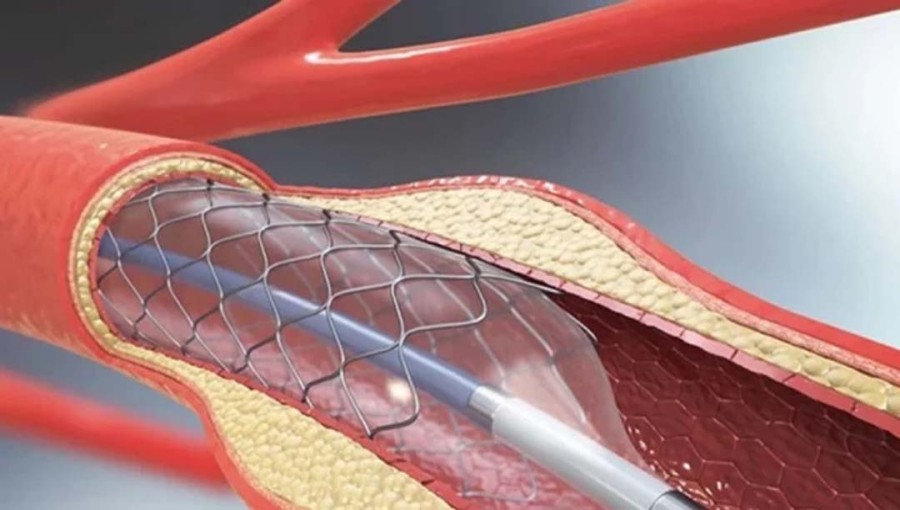

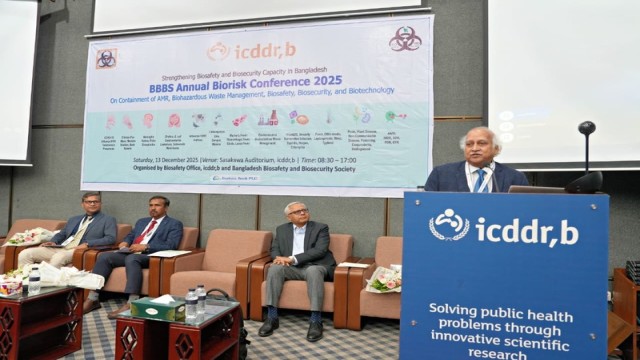
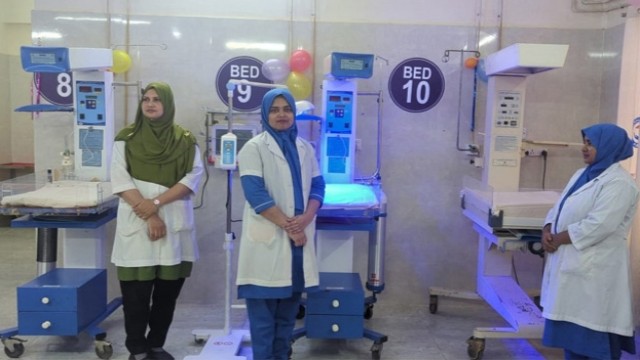

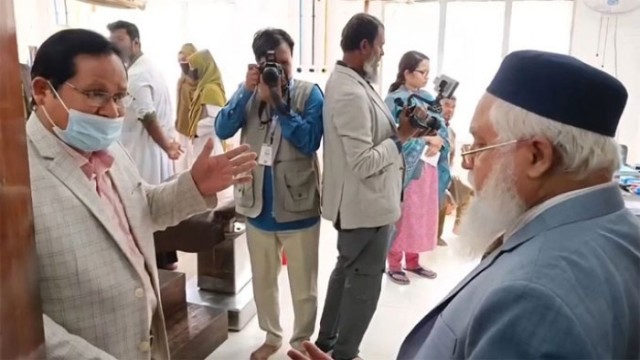
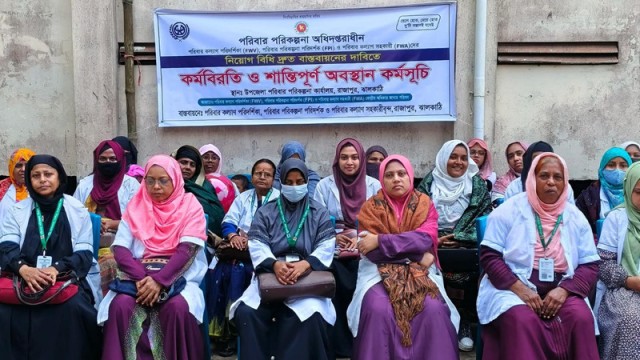

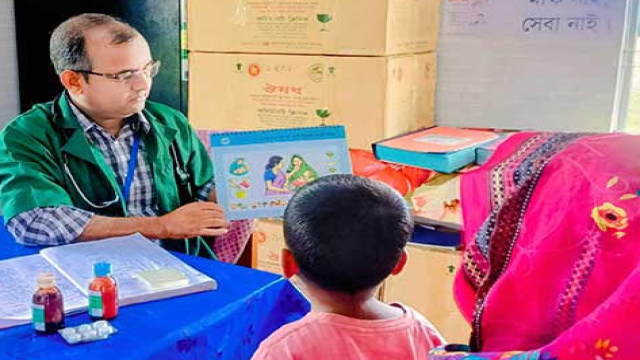







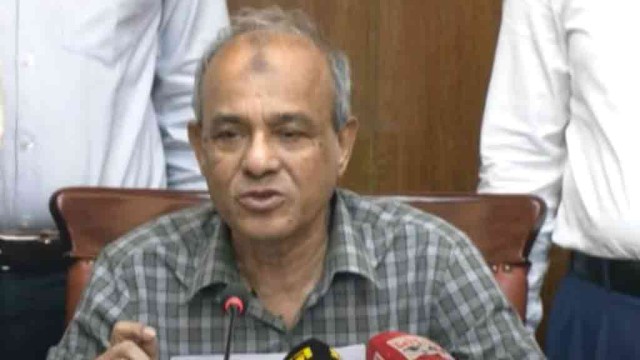











Comment: